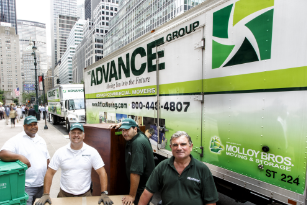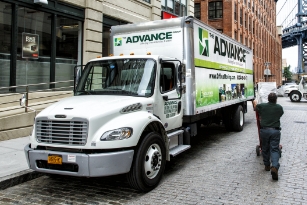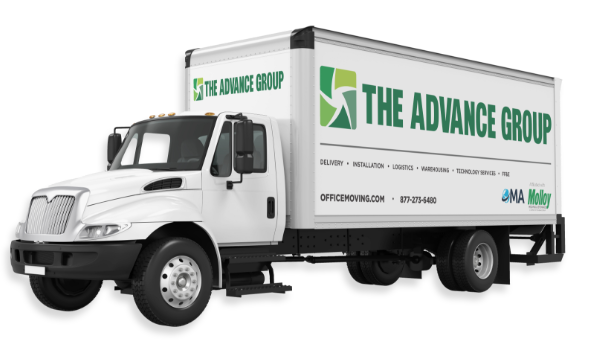Protecting Business Reputation During Relocation

Commercial relocations pose challenges that go far beyond moving equipment and inventory. While leaders focus on logistics and cost management, customer relationships can suffer if the transition isn’t handled carefully. A poorly managed move risks eroding years of trust, disrupting service, and leaving lasting negative impressions.
Minimizing customer impact requires a strategy that puts customer experience at the center. With proactive planning and clear communication, businesses can turn relocation into an opportunity to reinforce relationships and highlight their commitment to service excellence.
Early Communication Builds Confidence
The first step is early, transparent communication. Customers value honesty and advance notice, which allows them to plan accordingly. Don’t wait until every detail is finalized—share information once relocation becomes a serious consideration.
Highlight the benefits customers will enjoy, including enhanced facilities, expanded services, and improved accessibility. Frame the move as an investment in serving them, not just a business necessity. This positions temporary disruptions as steps toward long-term improvements.
Use multiple channels to keep customers informed: email updates, website announcements, social media, and direct calls to key accounts. Consistent updates prevent surprises and reinforce trust.
Service Continuity Prevents Customer Loss
Maintaining service continuity is the most critical factor in keeping customers loyal. Even short interruptions can push clients toward competitors.
Develop continuity plans that identify essential customer touchpoints and establish backup systems. Options might include temporary service locations, mobile units, or partnerships with other providers. For businesses reliant on phone or online platforms, ensure they remain fully functional throughout the transition.
Staggering the move can also help—keeping part of the operation running reduces the risk of full-scale disruption. Identify your most critical services and prioritize maintaining them during the process.
Quick Problem Resolution Builds Loyalty
Even with strong planning, challenges will arise. What matters most is how quickly they’re addressed. Establish customer support resources dedicated to relocation issues and create clear escalation procedures. Front-line staff should have the authority to resolve common problems immediately, reducing frustration and showing responsiveness.
When disruptions occur, focus on solutions over explanations. Customers want to know when service will be restored, not why it failed. Provide realistic timelines, follow up after resolution, and document recurring issues to prevent repeat problems.
Post-Move Follow-Up Strengthens Relationships
Relocation doesn’t end once boxes are unpacked. How you reconnect with customers afterward can determine long-term loyalty.
Within the first week, reach out to confirm updated contact information and address concerns. Use these interactions to highlight improvements from the move—invite key clients to visit, showcase upgraded services, or demonstrate new capabilities.
Gather feedback on the relocation experience to refine future communication and processes. Customers who feel heard and valued are more likely to stay loyal despite temporary disruptions.
Technology Enhances the Customer Experience
Modern tools can ease customer transitions during relocations. CRM systems help automate consistent communication, while cloud-based services ensure uninterrupted access to data and platforms.
Implement tracking systems that give customers real-time updates on progress. Mobile apps or customer portals can centralize information, reducing confusion and cutting down on inquiries.
Temporary solutions—like virtual meeting platforms, mobile applications, or short-term website hosting—can also keep customers connected while permanent systems are restored.
Turning Challenge Into Competitive Advantage
Businesses that minimize customer disruption often find that careful attention to service builds lasting advantages. Customers who experience clear communication, consistent access, and rapid problem resolution usually become more loyal than before.
That loyalty can translate into positive word-of-mouth, stronger retention, and greater willingness to try new offerings. Customers who see you providing service during a significant transition are more likely to trust you when other challenges arise.
Protecting Your Reputation
Commercial relocations test customer relationships like few other business changes. By planning early, ensuring continuity, resolving problems quickly, and following up thoughtfully, companies can safeguard the trust they’ve worked hard to build.
A customer-centered relocation strategy not only protects your reputation—it can strengthen it, turning a logistical challenge into a chance to show reliability and care.
Ready to ensure your commercial relocation enhances rather than threatens your customer relationships? Contact our experienced team to develop a customer-focused relocation strategy that protects your business reputation while delivering the operational improvements you need.








